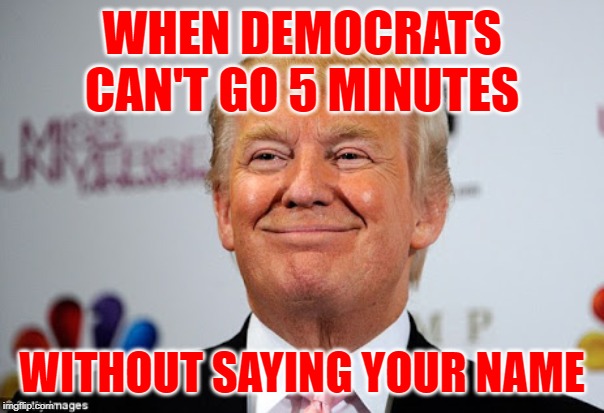
When thousands of Trump supporters gathered Jan. 6 in Washington, D.C., for the Stop the Steal rally that led to the storming of the U.S. Capitol, one of them was Stephen Lindemuth, a pastor and substitute teacher from Elizabethtown, Pennsylvania.
Lindemuth had traveled with a religious group from Elizabethtown to join in protesting the certification of Joe Biden’s victory. In a Facebook post three days later, he complained that “media coverage has focused solely on the negative aspect of the day’s events” and said he had been in Washington simply “standing for the truth to be heard.”
Shortly thereafter, he declared his candidacy for judge of elections, a local Pennsylvania office that administers polling on Election Day, in the local jurisdiction of Mount Joy Township.
Lindemuth’s victory in November in this conservative rural community is a milestone of sorts in U.S. politics: the arrival of the first class of political activists who, galvanized by Donald Trump’s false claim of a stolen election in 2020, have begun seeking offices supervising the election systems that they believe robbed Trump of a second term. According to a May Reuters/Ipsos poll, more than 60% of Republicans believe the 2020 election was stolen.
This belief has informed a wave of mobilization at both grassroots and elite levels in the party with an eye to future elections. In races for state and county-level offices with direct oversight of elections, Republican candidates coming out of the Stop the Steal movement are running competitive campaigns in which they enjoy a first-mover advantage in electoral contests that few partisans from either party thought much about before last November.
And legislation that state lawmakers have passed or tried to pass this year in a number of states would assert more control over election systems and results by partisan offices that Republicans already decisively control.
“This is a five-alarm fire,” said Jocelyn Benson, the Democratic secretary of state in Michigan, who presided over her state’s Trump-contested election in 2020 and may face a Trump-backed challenger next year. “If people in general, leaders and citizens, aren’t taking this as the most important issue of our time and acting accordingly, then we may not be able to ensure democracy prevails again in ’24.”
read more:

Replies
Hahahahahahahaha, looks like panic to me!